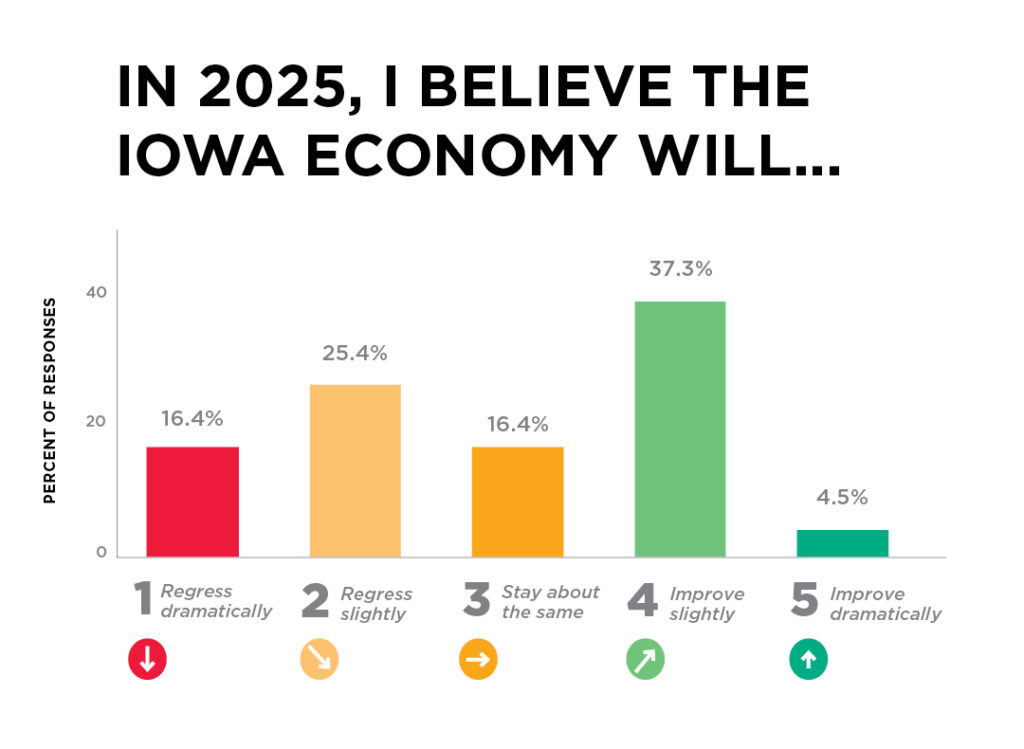Guest Opinion: Rude: Business must be able to talk over harassment matters

Early in my career, when I was a young HR manager, a professional woman approached me claiming inappropriate behavior by a senior leader in our business. I made discreet efforts to resolve the issue, thinking my company would back me. Instead, my efforts were stymied and I was made to feel I was the problem for attempting to address the concern. I soon left the company disillusioned, but years later my former boss expressed regret, as the perpetrator’s issue became pervasive and division morale and results suffered.
Being right didn’t make me feel vindicated, though. It made me sad. People’s lives were unnecessarily damaged, and I left a position I once enjoyed.
I’ve kept this in mind over the years, on those occasions I’ve had to work on issues of inappropriate workplace behavior, often to amicable solutions. And yes, in a few cases, someone’s employment was ended.
Now, more and more allegations of inappropriate behavior against major power brokers in media, politics, and corporate America are surfacing. Every day seems to bring a new revelation — millions have registered themselves with the hashtag “MeToo,” and political and corporate hierarchies have been pilloried for their failure to address the inappropriate acts of their leaders. It all makes one think the corporate and political world is rampant with deviant people in power.
That’s not true.
But what is true is that 40 years after offensive workplace behaviors were named and prohibited, we still have significant issues. Now is the time to assess ourselves, our companies, and find a new path toward a much better workplace for all concerned. This opportunity isn’t just a cultural feel-good moment for leadership. It is an imperative for business. It’s proven that a culture built on trust with leadership integrity is not only more engaging, it creates better business outcomes.
As tragic as these circumstances are, they present us with a moment of opportunity to largely eradicate this issue once and for all. I know with certainty that we can.
Where do we begin? Do we cover ourselves with online training for all? Practice zero tolerance and make examples of alleged violators? Write more rules and policies to establish credibility? Rely on the government to enact more laws and regulate workplace behavior?
Sure, you could do one or more of these, but they mainly treat symptoms. None will get us to a long-term solution.
In short, the answer lies in one place — leadership. There is no other factor where true intent, or the lack thereof, has greater visibility and consequence. I’ve seen leadership set the example and establish a standard of respect for all, clearly articulating that those who don’t follow the principles should look elsewhere for employment. That company and that leadership succeed.
Leadership is the only organizational component able to not only change the current state, but more importantly, build a culture of respect and dignity for all. Did I say create a “harassment-free” workplace? No. I didn’t have to. The leadership team that demonstrates respect and dignity for all is on track, needing only to continue to lead by principle, and effectively communicate and hold accountable to those principles without exception.
Here are some vital steps I’ve advised leaders to take:
Establish and communicate your values throughout the organization. Present examples of how people need to act, why all must act accordingly, and the outcome of a respectful environment.
Demonstrate your values.
Hold people accountable who violate them, even company rainmakers and stars. Reward achievements that demonstrate those values.
Be candid and admit missteps when they’re made while keeping communications open.
Assure employees that outlets are available to safely make concerns known.
It sounds simple, but changing a culture takes diligence. If leadership communicates expectations clearly and regularly, and lives those expectations consistently, the culture will be engaging, fair, safe and open.
The caution? Failure to demonstrate the guiding principles at the top will sink any effort. We’ve been to “say it but make exceptions for some” before. Leadership must resist that temptation and be true to the principles consistently. Every employee has meaning and deserves respect and fairness. Act accordingly and it will all go well from there.








